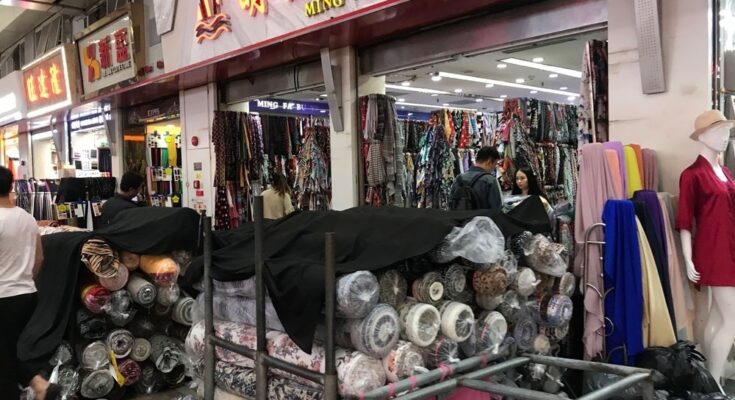Kaztex Textiles, a notable player in the global textile industry, navigates through an evolving landscape filled with both opportunities and significant challenges. As a wholesaler, the company operates in a sector that is crucial for delivering fabrics and related materials to various markets, including fashion, industrial, and consumer goods.
Rising Raw Material Costs
One of the foremost challenges faced by wholesalers like Kaztex Textiles is the fluctuating cost of raw materials. The prices of cotton, wool, and synthetic fibers can vary dramatically due to changes in global supply and demand, influenced by factors such as weather conditions, political instability, and economic fluctuations. These uncertainties can lead to increased costs and reduced profit margins, impacting overall business stability.
Competition from Emerging Markets
As new markets emerge, companies like Kaztex Textiles find themselves competing with lower-cost producers from countries with growing textile industries. These competitors benefit from lower labor costs, less stringent regulations, and proximity to raw materials, allowing them to offer more competitive pricing. For wholesalers in established markets, this means intensifying their strategies to maintain market share, which might include enhancing product quality, diversifying product lines, or improving customer service.
Technological Advancements and Automation
Technology plays a dual role in the textile industry. While it offers opportunities for efficiency and innovation, it also presents a significant challenge for traditional wholesalers. Kaztex Textiles must stay ahead by adopting new technologies such as automated weaving and cutting machines, advanced dyeing processes, and integrated supply chain management systems. Failure to modernize can result in lost competitiveness and reduced market presence.
Environmental Regulations and Sustainability
Environmental sustainability has become a pressing issue in the textile industry. Consumers and regulatory bodies are increasingly demanding environmentally friendly practices, which include reducing water and energy consumption and minimizing chemical use. Kaztex Textiles faces the challenge of implementing these practices without compromising on cost and efficiency. This often involves investing in sustainable technologies and materials, which can be initially costly but potentially rewarding in terms of brand loyalty and market differentiation.
Conclusion
In conclusion, the textile wholesale market, represented by companies like Kaztex Textiles, is confronted with numerous challenges that necessitate agile and strategic responses. Addressing the issues of raw material costs, competitive pressures, technological evolution, and environmental sustainability are crucial for maintaining relevance and profitability in this dynamic industry. For Kaztex Textiles, navigating these challenges effectively will be key to their continued success in the global marketplace.




